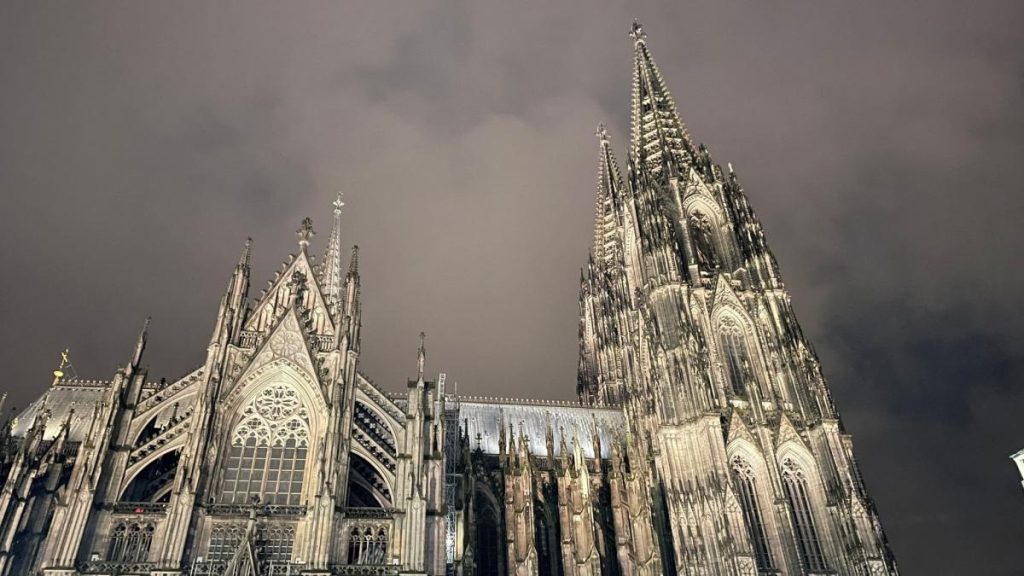Markus Söder made a special contribution on the 75th anniversary of the Basic Law. Last week, during his visit to the Vatican, the Minister President of Bavaria presented Pope Francis with a message as a gift, stating that in Germany, a constitutional mandate was not being fulfilled. Söder proudly announced that the cessation of state payments to the churches, which amount to approximately 618 million euros annually and are funded by general tax revenue from 14 federal states (excluding Hamburg and Bremen), was now “off the table”. However, the decision to continue these payments against the wishes of the traffic light coalition contradicts the Basic Law, which requires the “redemption” of payments based on state-church contracts to compensate for church property transfers and confiscations in the past.
This stance has angered church politicians within the traffic light coalition. Green Party Vice-Fraction Leader Konstantin von Notz expressed surprise at the reluctance of some state representatives to comply with the constitutional mandate. He criticized attempts to portray this reluctance as a gesture of friendliness towards the churches, emphasizing that it actually damages the image of the churches to receive large sums of money from taxpayers, including those who are not affiliated with any church. The Free Democratic Party’s spokesperson on religious policy, Sandra Bubendorfer-Licht, pointed out that the public can no longer understand why churches continue to receive these payments from general tax revenue.
The resistance to redemption from the states is primarily due to financial reasons. According to legal experts, the states would have to pay a one-time redemption amount equivalent to several times the annual payment before ending state funding, which could amount to tens of billions of euros. This financial burden is seen as unmanageable by the states, despite the fact that they have played a role in allowing the annual payment to increase significantly over the years through renegotiations of state-church contracts. When exploring options for redemption in 2023, some state representatives were reportedly unaware of the specific amounts paid. The traffic light coalition is determined to fulfill the constitutional mandate, with discussions on potential legislative options, including a framework law that would allow the federal government to set guidelines for negotiations between states and churches on redemption.
One alternative being considered to resolve the financial state-church relations issue is to take over the burden of maintaining church buildings as a way to partially offset redemption payments. Many church buildings are in need of preservation due to declining church membership and financial constraints faced by the churches, but they hold cultural and historical significance for society as a whole. For example, art historians and conservationists have highlighted the importance of preserving these buildings, suggesting the establishment of a foundation for threatened sacral buildings. This proposal aims to address the financial burden on the churches and secure these buildings for the benefit of society, potentially using state payments for this purpose.
Despite the openness of the traffic light coalition to such solutions, there are challenges in implementing them. While it is possible for the states to assume some of the redemption of state payments through maintenance of significant buildings, there are concerns about the churches’ willingness to relinquish control over these funds and only allocate them for projects benefiting society as a whole. A recent discussion at a synod of the Protestant Church in Bavaria revealed differing views on how state payments should be used, with a recommendation from the church’s administrative office to maintain flexibility in financial planning. This indicates a reluctance to redirect state payments exclusively towards initiatives that benefit the wider community. The ongoing debate underscores the complexity of resolving the issue of state-church funding in Germany.


